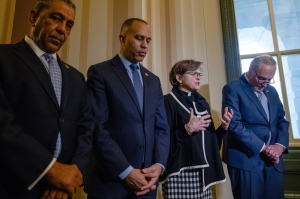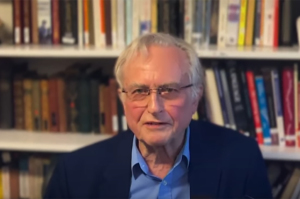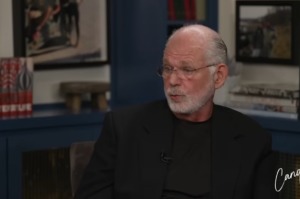Methodist Conference to Reaffirm Church Tolerance for Homosexuality
The Methodist Church in Great Britain is to reaffirm its commitment in embracing homosexuality within the Church in its upcoming annual general meeting in the Riviera Centre, Torquay from Thursday 23rd June to Thursday 30th June.
Based on the "Pilgrimage of Faith" report first adopted at the 1993 Methodist Conference at Derby, the viewpoint of the Church on human sexuality is clearly stated with six major points.
In the wake of the crisis over homosexuality and homosexual clergy in some major denominations over recent years, the 2003 Methodist Conference has called for a review on the progress of "Pilgrimage of Faith".
The result of the review will be concluded in the 2005 report to the Methodist Conference after a lengthy consultation process with the ministers in the Church. This will take place through various ways such as placing advertisement on the Methodist Recorder and asking for comments via the Methodist Church website. Theological insights over human sexuality will also be collected from some experts.
The 2005 report shows that the Methodist Church wishes to maintain itself as an open, welcoming and inclusive body which will not turn people away because of their sexual orientation. In addition, it has even showed that it is still seeking a way forward.
Quoted by Ekklesia, a UK-based Christian think-tank, the Revd Jonathan Kerry, Coordinating Secretary for Worship and Learning, and the convenor of the working party for the 2005 report, said, "Even though the Church still encompasses many differing views on homosexuality, we are moving forward towards a greater understanding of each other’s opinions, rather than allowing our positions to become fixed."
Kerry explained the term "Pilgrimage" - it is about travelling along with other people who share the same underlying faith, but who have differing experiences and perspectives - and learning from each other.
Margaret Parker, co-chair of the working party and a former Vice President of the Methodist Conference, said to Ekklesia, "We found that some of those who responded said that their opinion on homosexuality had moved in one direction or another since 1993. This is an on-going process, but I am pleased to see that people are taking it seriously, and are keen on honest, constructive and frank dialogue, even with those whose opinions differ."
"This means more than just ‘agreeing to disagree’; it means finding ways to move forward as a Church, and to respect, love and encourage one another as fellow Christians even though we do not agree on everything."
Members of the working group of the 2005 report have hailed the success of the existing consultation method applied on this difficult issue - homosexuality, saying that it enables people with different opinions to listen to one another and therefore leads to a consensus that would represent the opinion of the Church as a whole.
Jonathan Kerry said so far the Church is moving forward on the topic. Even though the current method is not perfect, it is working well without any group feeling that its voice is not being heard.
The debate over homosexuality in the Anglican Church has caused a painful rift between conservatives and liberals who hold opposite viewpoints on the issue. Radical and emotional arguments have put the issue of homosexuality in the Church into deadlock.
For the Methodists, Ann Leck, co-chairman of the working party and a former Vice President of the Methodist Conference emphasised, "It is people and their relationship with God that is at the heart of what we were exploring."
"The pilgrimage of the Methodist Church is about listening to one another and feeling listened to, about accepting and valuing one another and about trusting one another. Many people hold very strong views about the subject of sexuality: for some their views relate to the very being of themselves or of somebody they love. People are now beginning to share deep feelings and longings in an open way and there are affirming stories, sad stories and angry stories."
"The working party reflected the spread of views on sexuality that there is in Methodism as a whole, and it is I believe something to rejoice about that our Church embraces people with widely different views on these matters - that we are all one in Christ Jesus," she concluded.





























